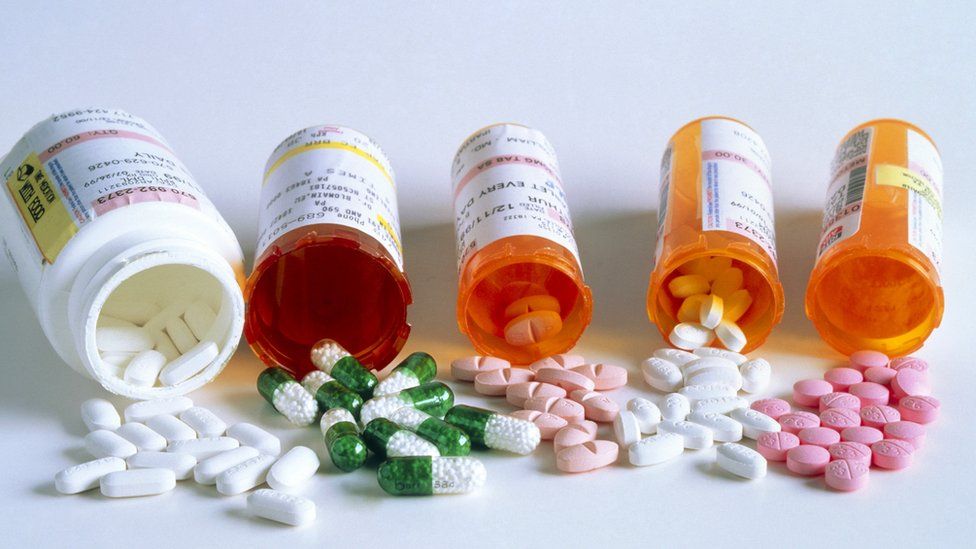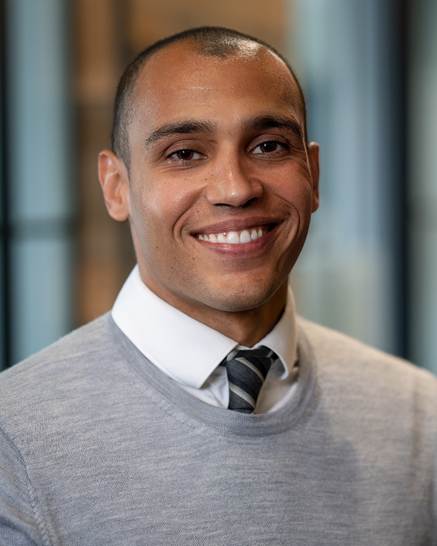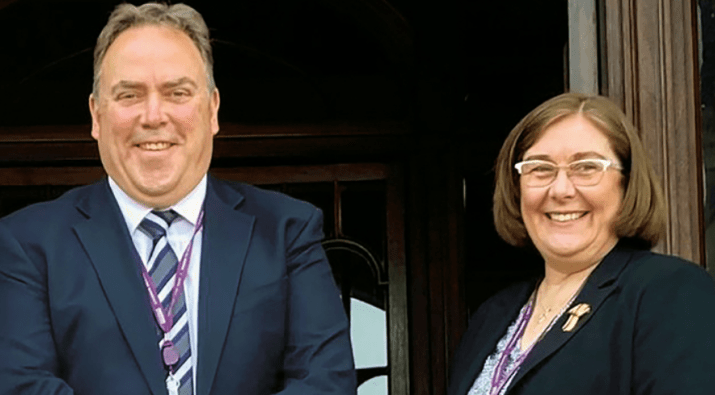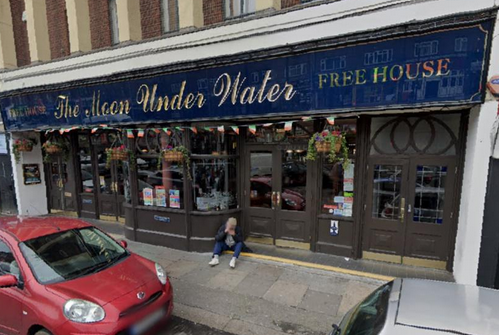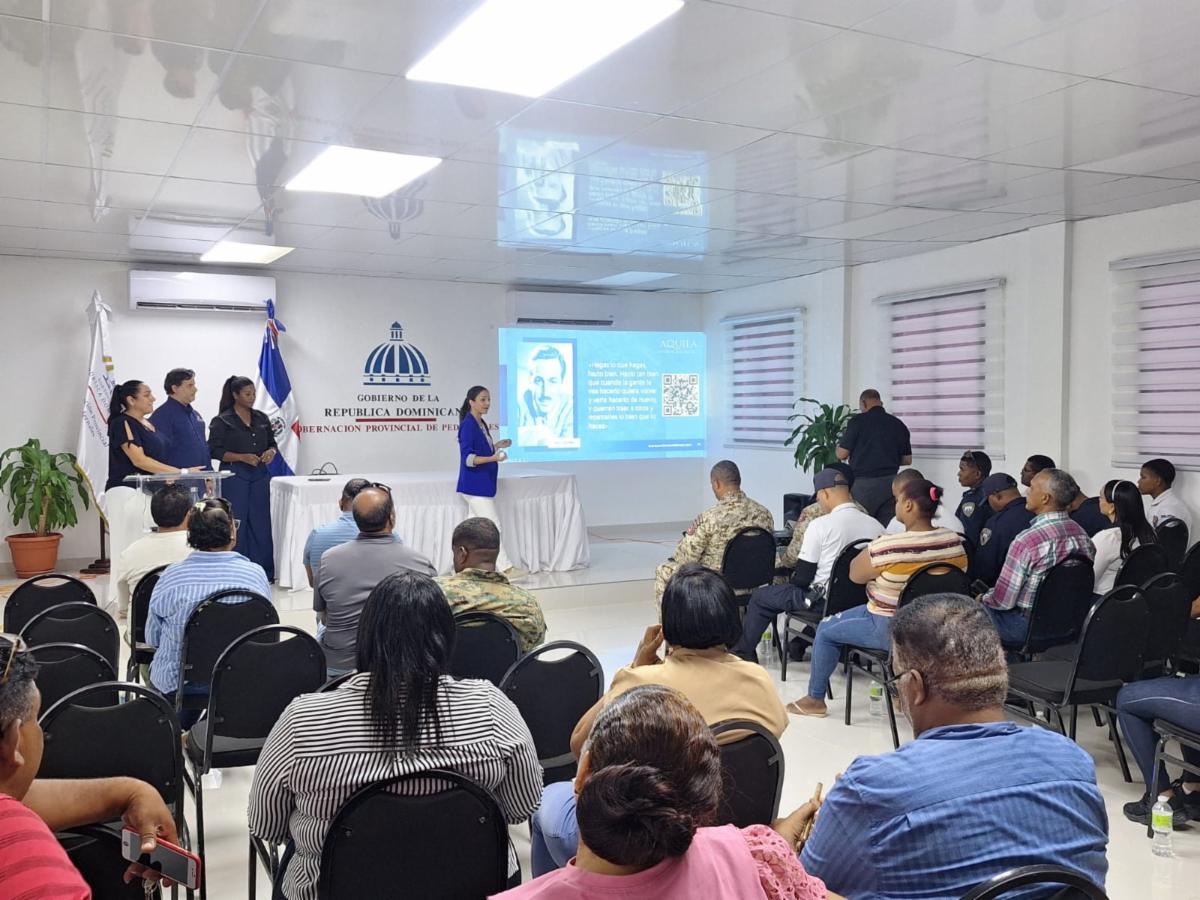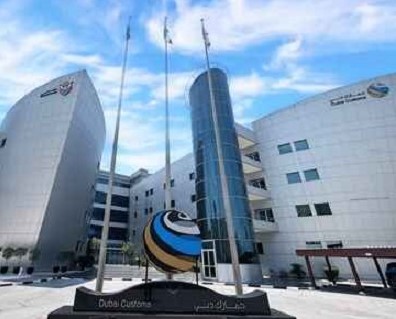Many patients are being prescribed unnecessary and even harmful treatments, a report warns.
The review suggests one-tenth of items dispensed by primary care are inappropriate or could be changed, with around 15% of people taking five or more medicines a day - some are to deal with the side-effects of the others.
A prescribing tsar has been appointed by the government to help with the issue and stop waste.
The more medicines a person takes, the higher the chance that one or more of them will have an unwanted or harmful effect. Overprescribing can happen when:
- a better alternative is available but not given
- the medicine is appropriate for a condition but not the individual patient
- a condition changes and the medicine is no longer appropriate
- the patient no longer needs the medicine but continues to be prescribed it
Professor Martin Marshall, who chairs the Royal College of GPs, said: "Prescribing is a core skill for GPs and many of our nurse and pharmacist colleagues in primary care and doing whatever we can to prescribe the most appropriate medicine for our patients, in an evidence-based way is something we strive to do on a daily basis - and in the vast majority of cases, this review shows this is happening.
"With our growing and ageing population, with more patients living with multiple, chronic conditions, many people are taking several medications in order to manage their various health illnesses, and the interaction between various medicines is something prescribers will take into account.
"In most cases, these medicines are necessary, appropriate and of benefit for the patient - but the aspiration to reduce the number of medications a patient is taking, where safe and possible, is a good one.
"GPs will only ever prescribe medication to patients in conversation with them, and after a frank discussion about the risks and benefits of the treatment - and when alternative options have been explored.
"What GPs and other members of the practice team often need, however, is better access for their patients to alternative, non-pharmacological treatments, which can be patchy across the country."



